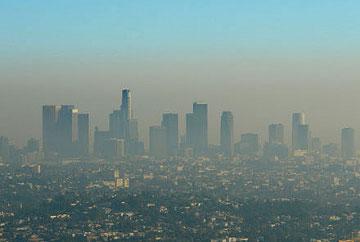
In perhaps a startling decision from a court generally known for being liberal, San Francisco Superior Court Judge Ernest Goldsmith has tentatively ruled that the California Air Resources Board (CARB) violated state law in enacting plans for reducing greenhouse gases and implementing cap-and-trade.
He said CARB failed to complete a required environmental review and to genuinely explore alternatives to cap-and-trade. If his decision becomes final, then the entire future of AB 32, California’s landmark 2006 bill to reduce greenhouse emissions to 1990 levels by 2020, could be in jeopardy.
You might think the plaintiffs would be right-wing organizations that believe climate change is fiction. Instead, many of them are environmental groups who advocate for the disadvantaged and are concerned about the effect of AB32 upon those communities. One of the groups, The Center on Race, Poverty and the Environment, says that while they support AB 32, they sued because CARB backtracked on their promise to protect low-income communities, ignored public comments at hearings, and “threw them under the bus” when it came to cap-and-trade. They also managed to block “the conservative environmental group Environmental Defense Fund” from joining the lawsuit on the side of CARB. And here you thought environmentalists were all a bunch of peaceful tree huggers.
What makes this even more unusual is the judge basing his decision on the failure of the Air Board to comply with the California Environmental Quality Act, which was signed into law in 1970 by then governor Ronald Reagan. In somewhat scathing words, he says CARB failed to evaluate other possibilities and that its “analysis provides no evidence to support its chosen approach.” Ouch. He added that the board:
“has interpreted its regulation in a way that undermines the California Environmental Quality Act’s goal of informed decision making.”
He has asked all involved to respond by this Tuesday Feb. 8, before he makes his final ruling. It is unclear what CARB would need to do should the ruling go against them. At the very least, this means those industries working to implement AB 32 face some uncertainty now as to what the final outcome will be. Some observers believe an adverse ruling against CARB would only be a minor speed bump, while others think the delay could be more substantive.